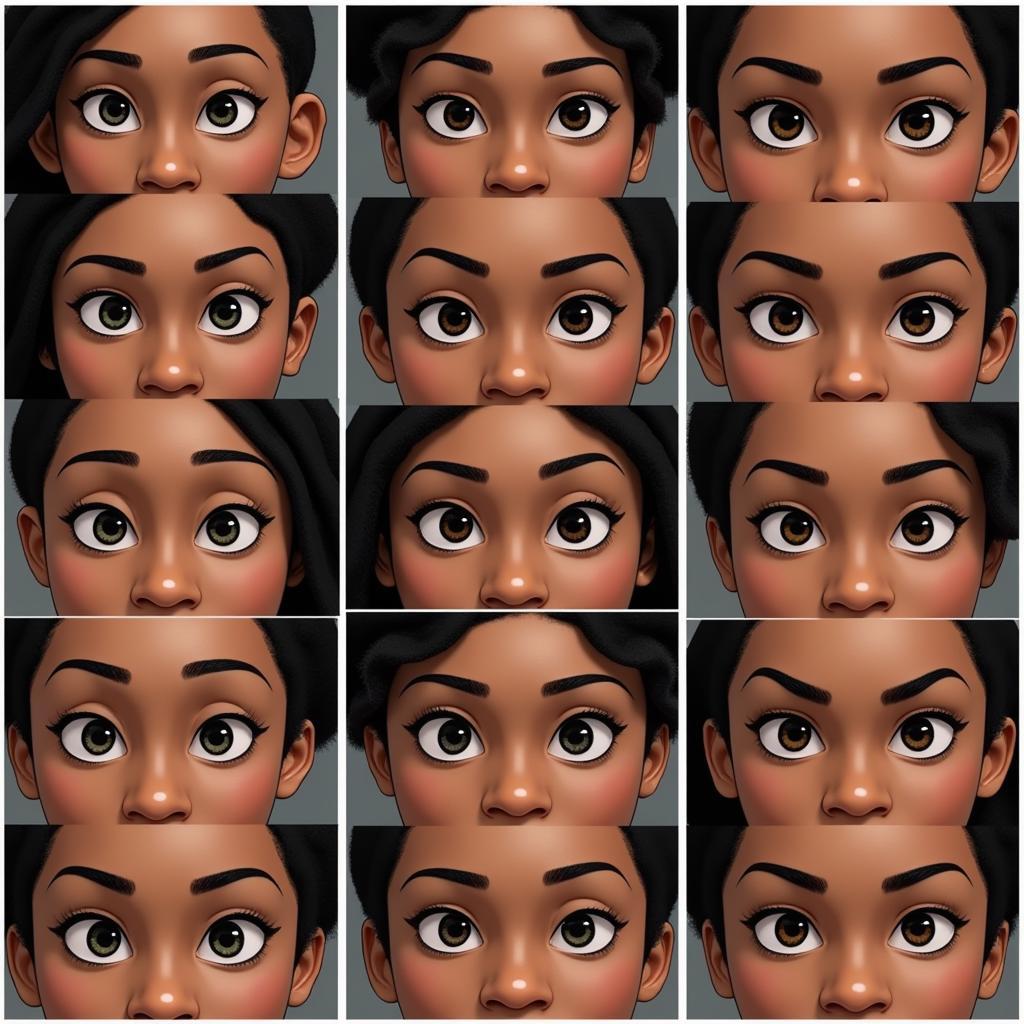The African Charter on Women’s Rights: A Landmark Document for Gender Equality
The African Charter on Women’s Rights, also known as the Protocol to the African Charter on Human and Peoples’ Rights on the Rights of Women in Africa, is a landmark document that seeks to promote and protect the rights of women in Africa. Adopted by the African Union in 2003 and entered into force in 2005, the Charter has been a significant tool in advancing women’s rights on the continent.
Understanding the Charter’s Provisions
The Charter is based on the fundamental principles of equality and non-discrimination, recognizing the inherent dignity and worth of every woman. It sets out a comprehensive framework for promoting and protecting women’s rights in various spheres of life, including:
- Political Participation: The Charter emphasizes women’s equal participation in all aspects of political life, including voting, standing for election, and holding public office. It advocates for the elimination of all barriers that hinder women’s access to political leadership.
- Economic and Social Rights: The Charter ensures women’s equal access to education, health care, employment, and other economic opportunities. It calls for the elimination of gender disparities in wages, property rights, and access to credit.
- Elimination of Violence against Women: The Charter condemns all forms of violence against women, including domestic violence, sexual assault, and harmful traditional practices. It emphasizes the importance of providing protection and support services for victims of violence.
- Reproductive Health Rights: The Charter affirms women’s right to reproductive health services, including access to contraception, safe abortion, and maternal health care. It recognizes women’s right to make informed decisions about their own bodies and reproductive choices.
- Cultural and Social Rights: The Charter recognizes the importance of women’s cultural identity and traditions. It calls for the elimination of harmful cultural practices that discriminate against women, such as female genital mutilation and forced marriage.
Significance of the Charter
The African Charter on Women’s Rights is a crucial step towards achieving gender equality in Africa. It provides a legal framework for promoting and protecting women’s rights and has contributed to:
- Raising Awareness: The Charter has raised awareness about the challenges faced by women in Africa and the importance of addressing gender inequality.
- Providing a Legal Basis: The Charter provides a legal basis for advocating for women’s rights and holding governments accountable for their obligations.
- Promoting Policy Change: The Charter has influenced policy changes in various countries, leading to the adoption of laws and programs that advance women’s rights.
- Empowering Women: The Charter has empowered women to demand their rights and participate more actively in shaping their societies.
Challenges and Implementation
While the Charter is a significant achievement, there are challenges in its implementation. These include:
- Lack of Enforcement: In some countries, the Charter is not fully implemented or enforced due to limited resources, political will, and societal resistance.
- Cultural Barriers: Traditional norms and cultural practices can sometimes hinder the implementation of the Charter’s provisions.
- Limited Access to Justice: Many women lack access to justice and face discrimination in the judicial system, making it difficult to access redress for their rights violations.
Moving Forward
Despite these challenges, the African Charter on Women’s Rights remains a crucial tool for advancing gender equality in Africa. Continued efforts are needed to:
- Strengthen Implementation: Governments need to prioritize the implementation and enforcement of the Charter’s provisions.
- Promote Awareness: There is a need to raise awareness about the Charter among women and men alike.
- Empower Women: Women need to be empowered to demand their rights and participate actively in decision-making processes.
- Address Cultural Barriers: Cultural norms that discriminate against women must be challenged and changed.
Frequently Asked Questions
Q: How does the African Charter on Women’s Rights differ from the Convention on the Elimination of All Forms of Discrimination Against Women (CEDAW)?
A: While both instruments aim to promote women’s rights, the African Charter on Women’s Rights is specifically tailored to the African context, taking into account cultural and historical factors unique to the continent.
Q: What is the role of civil society organizations in promoting the African Charter on Women’s Rights?
A: Civil society organizations play a crucial role in advocating for women’s rights, raising awareness about the Charter, and monitoring its implementation.
Q: How can individuals contribute to the advancement of women’s rights in Africa?
A: Individuals can contribute by educating themselves about the Charter, advocating for its implementation, supporting women’s rights organizations, and challenging discriminatory practices.
Q: What are some examples of successful implementation of the African Charter on Women’s Rights?
A: Some examples include the adoption of laws against gender-based violence, the promotion of women’s economic empowerment programs, and the increase in female representation in political leadership positions.
Conclusion
The African Charter on Women’s Rights is a testament to the commitment of African nations to promote and protect the rights of women. While challenges remain, the Charter provides a framework for progress, empowering women to demand their rights and build a more just and equitable society. The Charter’s journey towards full realization is a continuous process that requires the sustained efforts of governments, civil society, and individuals.

